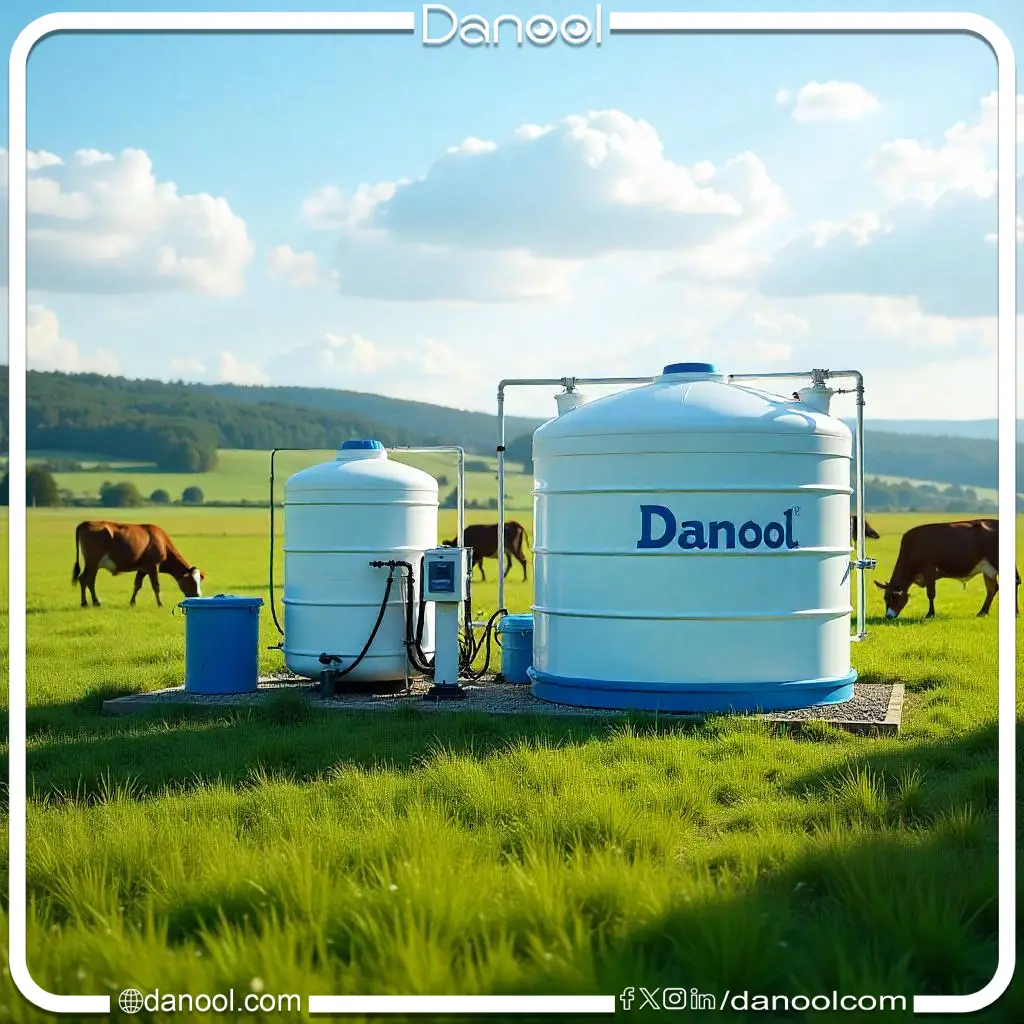Installing a water filter at home is an important step to ensure access to clean and healthy water. However, some may think that this task is simple and can be done without assistance, but in reality, installing a water filter is not as easy as it seems. This task requires the skill and expertise of a specialist to ensure proper installation and to avoid serious problems that could affect water quality and the family's health.
The importance of hiring a professional technician
Avoid catastrophic mistakes:
One of the common mistakes that can occur when installing a water filter without experience is connecting the pipes incorrectly. For example:
For example, one person bought a reverse osmosis water filter and decided to install it himself without hiring a professional technician. During the installation process, he made a mistake in connecting the pipes, where he connected the waste water pipe (which contains harmful salts and minerals) to the pure water outlet, while he connected the pure water pipe to the waste line. He didn’t notice this mistake and continued using the water he thought was pure. Over the years, he and his family drank the impure water resulting from the filtration process, which was contaminated and not safe for human consumption. This water contained harmful mineral salts and deposits, which led to health issues for them. When he finally decided to call a professional technician to service the filter, the technician discovered this serious mistake and fixed it immediately. The technician explained that reverse osmosis filters rely on a delicate system where the membrane separates pure water from impure water, so any mistake in the connection could lead to health disasters. This example highlights the importance of relying on a professional technician to install water filters, especially those with complex technologies like reverse osmosis.
This example illustrates the danger of installing the filter without sufficient knowledge, especially with reverse osmosis filters (Reverse Osmosis) that have a complex system requiring precision in installation.
Ensuring water quality:
Reverse osmosis filters contain a component called the "membrane," which is responsible for separating pure water from impure water. This impure water is rich in harmful salts and minerals, and is drained through a special pipe. If this pipe is not connected properly, impure water may mix with pure water, leading to serious health issues.
Ensuring the filter’s efficiency:
When a professional technician installs a water filter, they don't just ensure the correct connection of the pipes, but also check the water pressure, adjust the system to meet the household's needs, and verify that all stages are working efficiently. These steps ensure that the filter operates optimally and provides pure, healthy water.

Types of water filters
There are many types of water filters that vary in the number of stages, design, and working mechanism. Here is an overview of the common types:
- Three-stage filters:
- Provides preliminary purification to remove impurities and sediments.
- Suitable for water with minor contamination.
- Five-stage Filters::
- Adds a more precise filtration stage.
- Contains a carbon filter to improve taste and odor.
- Six-stage Filters::
- Includes the addition of beneficial minerals such as calcium and magnesium after filtration.
- Seven-stage Filters::
- Provides comprehensive filtration with enhanced water quality through the addition of extra treatment stages.
- Nine-stage Filters::
- Provides the highest level of filtration, suitable for homes that require very pure water.
- Multi-stage Filters::
- Advanced designs that suit the needs of large homes or special uses.
- Box-shaped Filters::
- Its design is sleek and enclosed, making it suitable for modern kitchens.
- Traditional Filters::
- An open design that makes maintenance easier and is usually less expensive.
- Compact Filters::
- Compact in size, perfect for tight spaces.
The final advice
The idea of installing a water filter yourself may seem tempting in terms of saving money, but it carries significant long-term risks.
Remember that saving a little money now may cost you a lot in the future if your family faces health issues or the filter system gets damaged due to improper installation.

